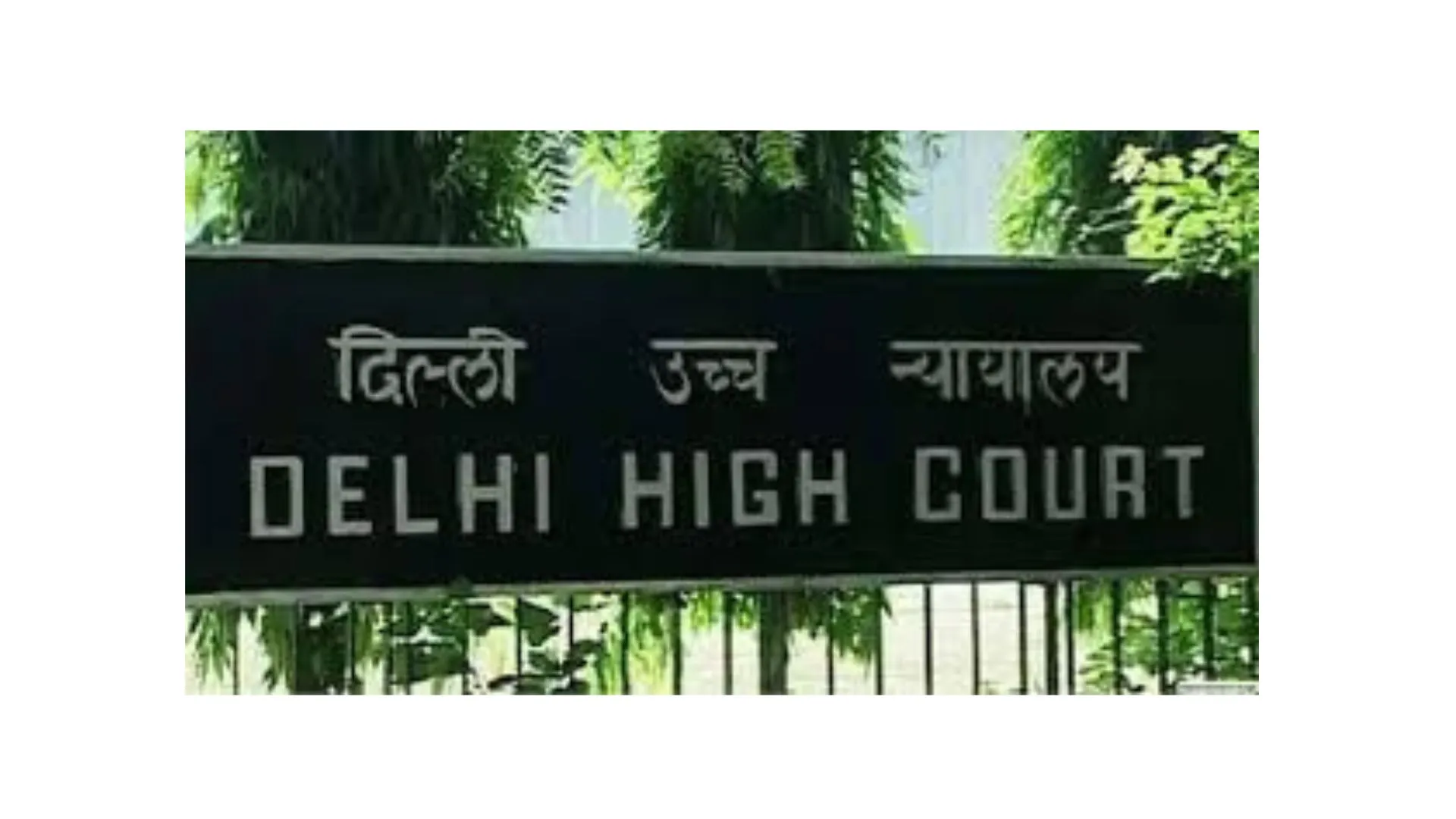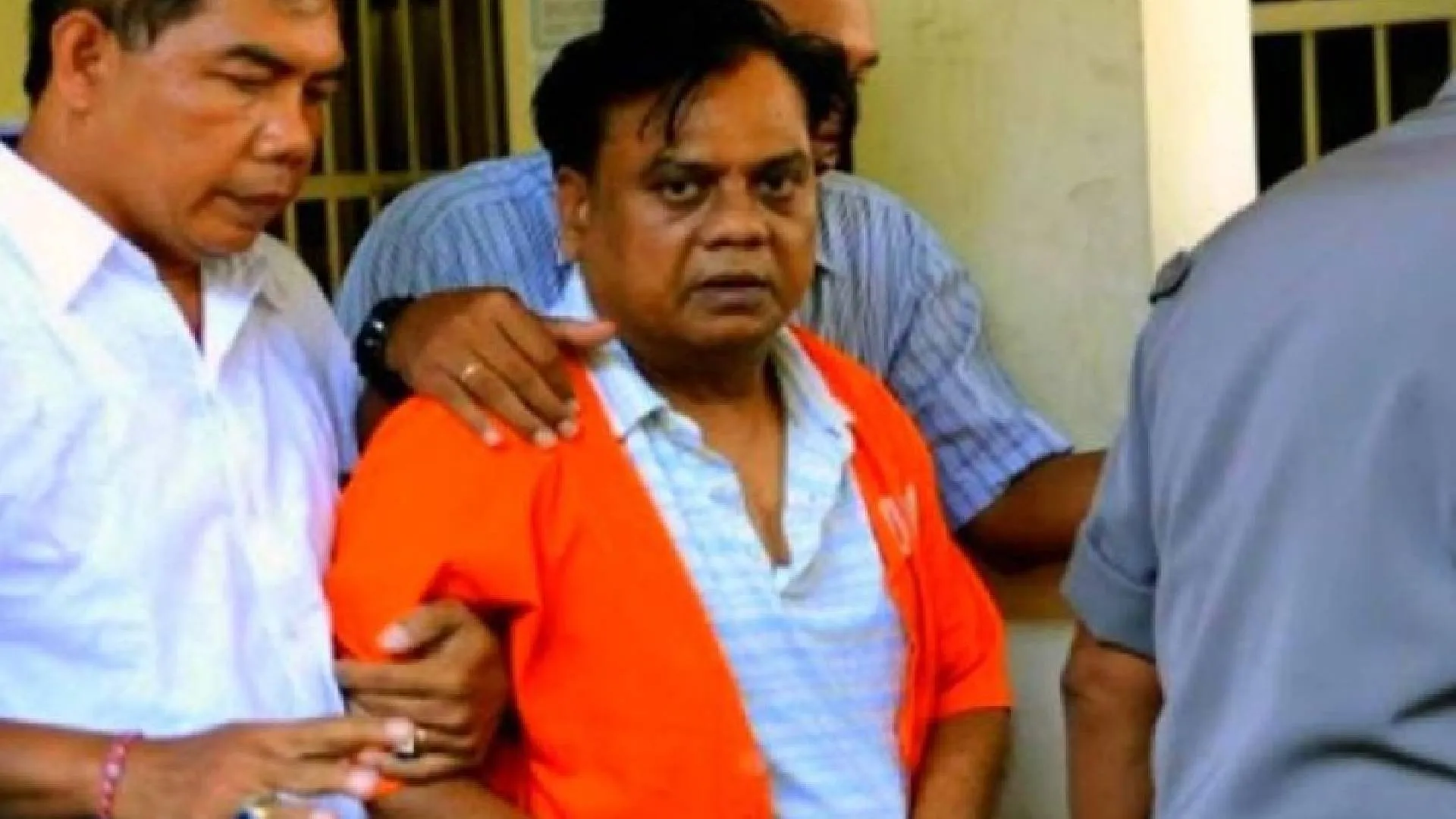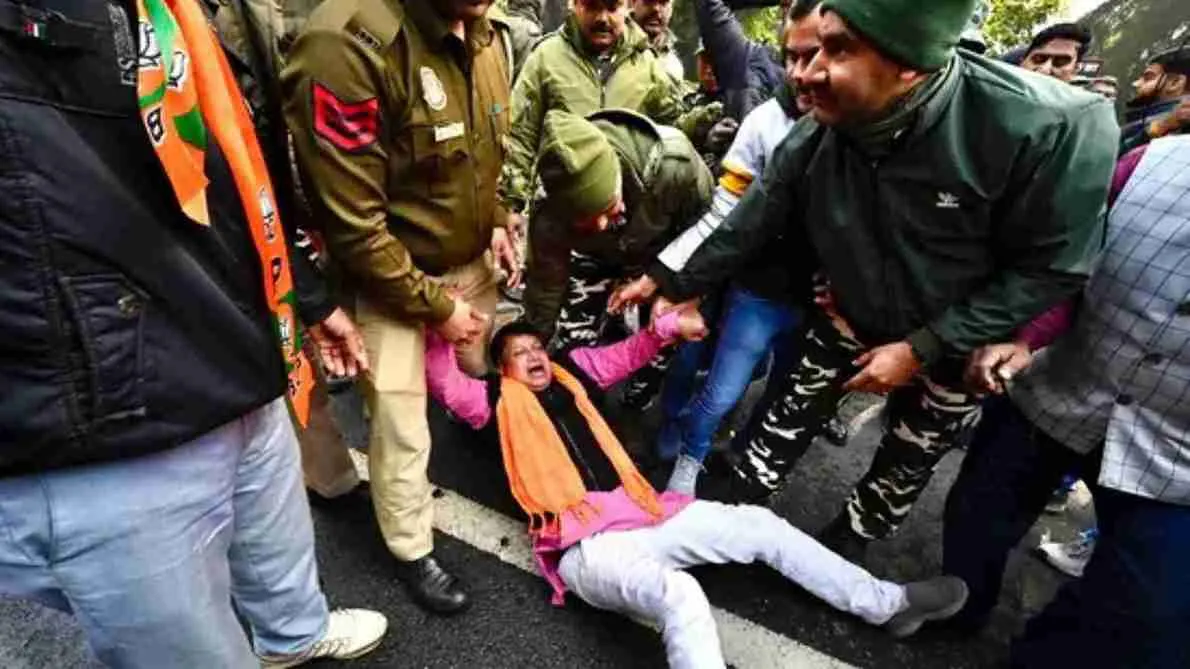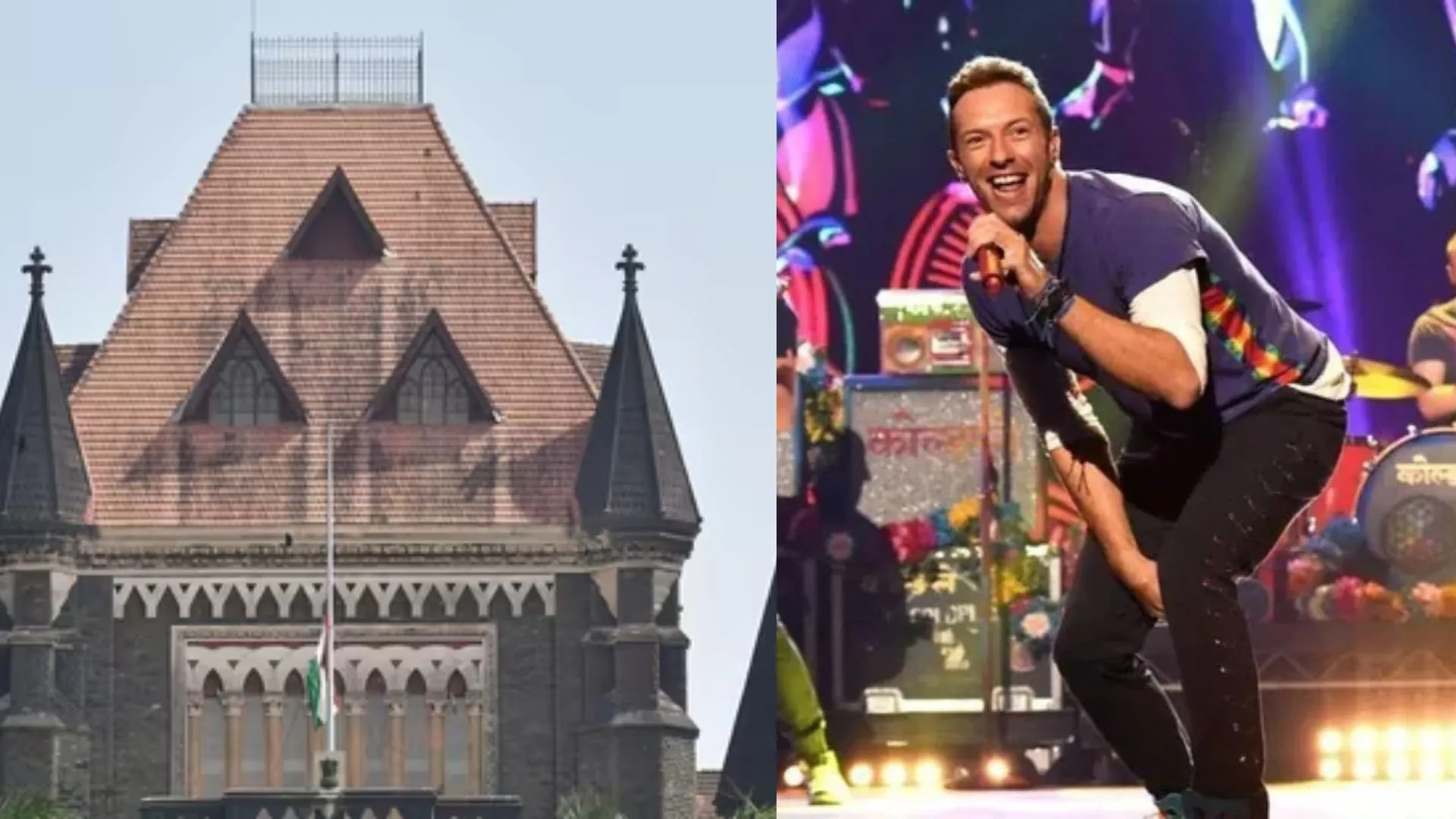Delhi High Court asked the Centre to clarify its stance on a Public Interest Litigation (PIL) which says that the new criminal laws Bharatiya Nyaya Sanhita (BNS) lacks a provision equivalent to Section 377 of the Indian Penal Code (IPC) on Tuesday.
Section 377 had previously criminalized “sodomy” and “unnatural sex,” but was partially decriminalized by the Supreme Court in 2018, stated the plea.
A bench comprising Acting Chief Justice Manmohan and Justice Tushar Rao Gedela has granted the Union of India’s counsel, Anurag Ahluwalia, ten days to take instructions on the matter, with the next hearing scheduled for August 27, 2024. During the hearing, the court questioned whether the BNS addresses non-consensual acts previously covered under Section 377 and whether the omission indicates that such acts are no longer considered offenses.
The PIL expresses concern that the absence of such provisions in the BNS could create a legal gap, removing protections against non-consensual sexual acts and negatively impacting vulnerable communities. The petitioner seeks a directive to temporarily reinstate protections against non-consensual sexual acts as under Section 377 IPC and calls for a declaration that the repeal of Section 377 without equivalent provisions in the BNS is unconstitutional.
The petition argues that this legislative omission violates fundamental rights under Articles 14, 19, and 21 of the Constitution and could harm individuals and communities irreparably. The Centre’s counsel emphasized that the issue has been escalated and requires careful consideration.





















